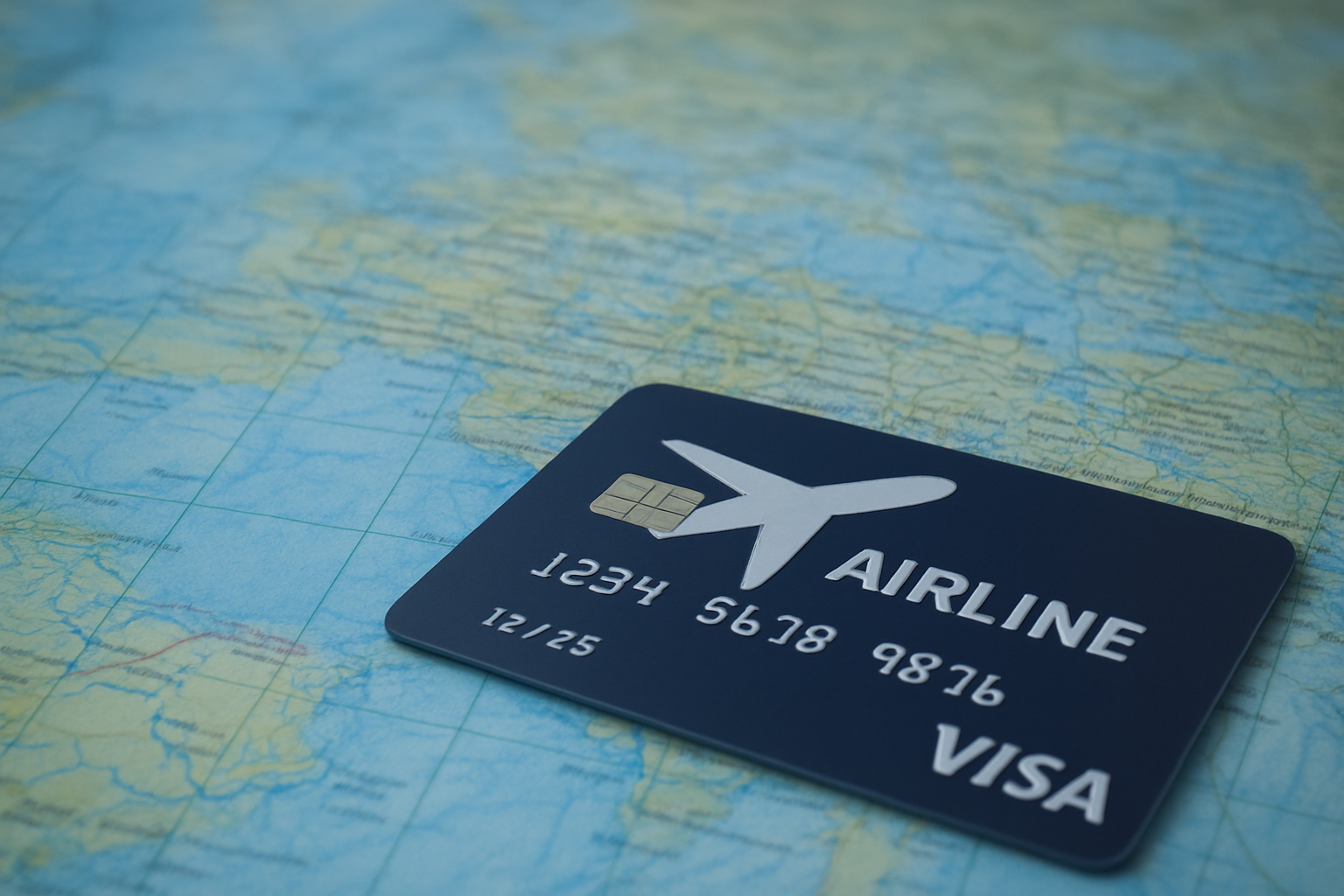How to Avoid Financial Scams While Traveling
Traveling the world offers endless opportunities for digital nomads, but it also comes with its share of risks, particularly when it comes to financial security. How to Avoid Financial Scams While Traveling is a crucial topic for anyone who regularly crosses borders with their work and income on the line. Whether you’re dealing with unfamiliar currencies, relying on public Wi-Fi, or navigating foreign banking systems, staying vigilant against scams is essential to protecting your hard-earned money.
Financial scams can take many forms, from sophisticated online schemes to more traditional tricks targeting unsuspecting tourists. As you move from one location to another, it’s important to recognize the warning signs of these scams and take proactive steps to safeguard your finances. This guide will explore practical strategies for identifying and avoiding common financial scams, ensuring that your travels are both safe and enjoyable.
Before diving into specific scams and how to avoid them, it’s important to understand the broader landscape of risks that digital nomads face. With the rise of remote work, scammers have become increasingly savvy, exploiting the vulnerabilities of those who live and work on the move. By staying informed and prepared, you can reduce your risk and keep your financial health intact while exploring the world.
Recognizing Common Financial Scams Targeting Travelers
One of the first steps in protecting yourself is to be aware of the common scams that target travelers. Scammers often prey on those who are unfamiliar with local customs, currencies, and legal systems, making digital nomads particularly vulnerable. Here are some of the most prevalent scams to watch out for:
- ATM Skimming: This scam involves devices that are attached to ATMs to steal your card information when you make a withdrawal. These devices can be difficult to spot, but signs of tampering, such as loose parts or unusually bulky card slots, should raise red flags.
- Fake Accommodation Listings: Another common scam involves fake listings for apartments, vacation rentals, or even co-working spaces. Scammers create convincing websites or ads, collect deposits from unsuspecting travelers, and then disappear, leaving you without a place to stay.
- Phishing Emails and Messages: Phishing scams are designed to trick you into giving away sensitive information, such as your bank details or passwords. These scams often come in the form of emails or text messages that appear to be from legitimate companies but are actually from fraudsters.
Understanding these scams is the first line of defense, but how can you actively avoid falling victim to them? The next sections will cover specific strategies you can use to protect yourself.
Safeguarding Your Finances While on the Move
One of the best ways to avoid financial scams while traveling is to be proactive about securing your finances. This involves using a combination of technology and common sense to ensure that your money and personal information are protected at all times.
1. Use Secure Payment Methods
When making purchases or booking accommodations online, always use secure payment methods. Credit cards often offer better fraud protection than debit cards, and services like PayPal add an extra layer of security. Avoid wire transfers or payment methods that don’t offer fraud protection, especially when dealing with unfamiliar vendors or websites.
2. Be Cautious with Public Wi-Fi
Public Wi-Fi networks are convenient, but they can also be a hotbed for cybercriminals looking to intercept your data. To protect yourself, avoid accessing sensitive accounts, such as online banking, while on public Wi-Fi. If you must use public Wi-Fi, consider using a virtual private network (VPN) to encrypt your data and keep it secure from prying eyes.
3. Monitor Your Accounts Regularly
Regularly checking your bank and credit card statements is crucial for spotting any unauthorized transactions early. Many financial institutions offer mobile apps that make it easy to monitor your accounts on the go. Set up alerts for large or suspicious transactions to ensure you’re immediately notified of any potential fraud.
4. Protect Your Devices with Security Software
Ensure that your smartphone, laptop, and any other devices you use while traveling are equipped with up-to-date security software. This includes antivirus programs, firewalls, and anti-phishing tools that can help block malicious attacks before they reach you. Additionally, enable two-factor authentication (2FA) on your accounts for an added layer of protection.
Strategies for Avoiding In-Person Scams
While digital security is critical, in-person scams can also pose a significant threat to your finances. Here are some strategies to help you stay safe:
1. Be Wary of Street Vendors and Touts
In many tourist destinations, street vendors and touts may offer deals that seem too good to be true—because they often are. Common scams include selling counterfeit goods, overcharging for services, or providing subpar products. Always negotiate prices upfront, and if something feels off, trust your instincts and walk away.
2. Avoid Sharing Too Much Personal Information
Scammers often rely on gaining your trust before exploiting you. Be cautious about sharing personal information, especially details related to your finances or travel plans. This includes being mindful of what you post on social media, as scammers can use this information to target you more effectively.
3. Use Reputable Services for Currency Exchange
Currency exchange scams are another common threat. To avoid getting shortchanged, always use reputable exchange services, such as banks or authorized currency exchange kiosks. Avoid exchanging money with individuals on the street, who may offer rates that seem favorable but come with hidden fees or counterfeit currency.
Staying Informed and Prepared
In the ever-evolving landscape of financial scams, staying informed is your best defense. Follow these tips to stay ahead of potential threats:
1. Research Your Destination
Before you travel, take some time to research the common scams in your destination. Websites like TravelScams.org provide comprehensive lists of scams by country, helping you know what to watch out for. Local expat groups or forums can also be a valuable resource for real-time advice and warnings.
2. Keep a Backup Plan
No matter how careful you are, there’s always a chance that something could go wrong. Keep a backup plan in place, such as a secondary credit card, an emergency cash stash, or a trusted contact who can help you if you find yourself in a difficult situation. Having a safety net can provide peace of mind and help you recover quickly if you do encounter a scam.
3. Stay Updated on Travel Advisories
Government travel advisories often include information on known scams and fraudulent activities in specific regions. Websites like the U.S. Department of State’s travel page can provide valuable insights into the risks you may face while traveling.

Building a Resilient Mindset for Safe Travel
Finally, cultivating a mindset of resilience and awareness is key to staying safe from financial scams. Here are some ways to build that mindset:
1. Trust Your Instincts
If something doesn’t feel right, it’s better to err on the side of caution. Whether it’s a suspicious email, an overly persistent vendor, or a deal that seems too good to be true, trust your gut and take a step back to evaluate the situation.
2. Practice Situational Awareness
Stay aware of your surroundings, particularly in unfamiliar places. Keep your valuables secure, and avoid displaying expensive items that could make you a target for theft. When using ATMs, choose well-lit, secure locations, and cover your PIN as you enter it.
3. Educate Yourself Continuously
Scammers are constantly evolving their tactics, so it’s important to keep learning about new threats and how to avoid them. Follow travel blogs, join online communities, and stay connected with fellow travelers who can share their experiences and advice.
Embracing Safe and Secure Travel
While the risk of financial scams is real, it shouldn’t deter you from enjoying your travels as a digital nomad. By staying informed, taking proactive measures, and cultivating a vigilant mindset, you can protect yourself from the majority of threats and focus on what truly matters—exploring new destinations and growing your career on your terms.
Remember, the key to how to avoid financial scams while traveling lies in preparation and awareness. Equip yourself with the knowledge and tools to stay safe, and you’ll be well on your way to enjoying a secure and fulfilling digital nomad lifestyle.
For more in-depth tips on staying safe while traveling, check out this comprehensive guide to cybersecurity for digital nomads.













